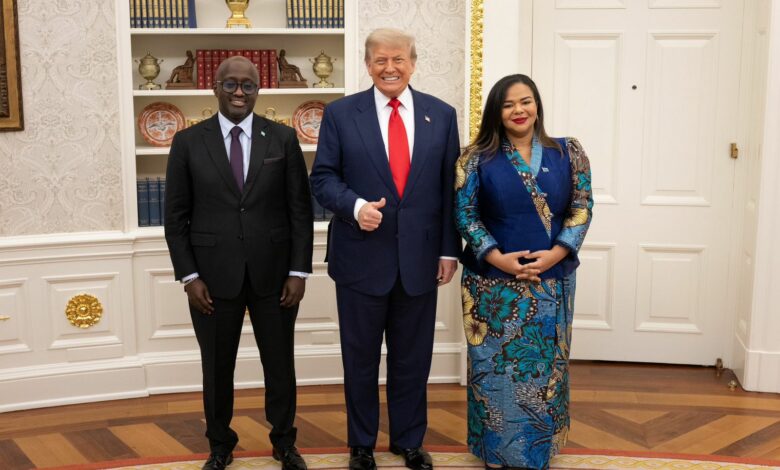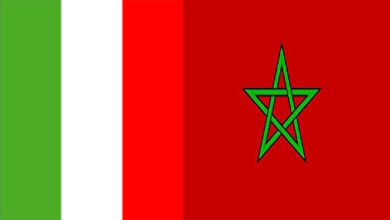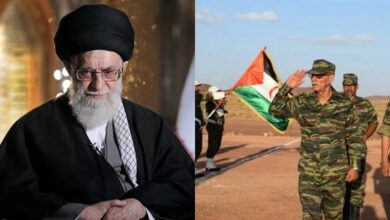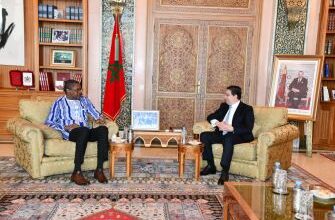Where Has the African Union Gone? Rwanda and the Democratic Republic of Congo Sign Peace Agreement in Washington

By ALDAR/ Analysis
Rwanda and the Democratic Republic of Congo have chosen to sign their peace agreement in Washington, D.C.—not in Addis Ababa, the traditional seat of the African Union. This geographical choice is more than just a detail; it marks a significant shift in the continent’s diplomatic dynamics and raises a pressing question: Where is the African Union in this pivotal development?
At a time when the AU is supposed to act as an umbrella organization for resolving regional conflicts, it appeared to be entirely absent from the negotiations that led to the signing of the agreement. Whether this absence was voluntary or imposed, it raises genuine concerns about the continental body’s ability to fulfill its historic role in maintaining peace and security among African states.
Observers note that the choice of Washington as the signing venue carries political symbolism. It clearly reflects the growing American role in managing African crises, in contrast to the diminishing African-led responses to internal challenges. This also suggests that the two parties preferred international mediation over continental initiatives—possibly in search of stronger guarantees or more effective pressure.
This situation exposes a deeper crisis within the structure of the African Union, which has often been criticized for bureaucracy and weak responsiveness during times of crisis. Divisions within the AU over key hot-button issues have also, at times, cost it its status as a “neutral mediator.”
Meanwhile, external powers—most notably the United States—are stepping in to fill this vacuum, presenting themselves as guarantors of stability and facilitators of solutions. This echoes a familiar pattern in which foreign involvement in African affairs resurfaces as African self-determination fades.
The lingering question remains: Will this agreement mark a turning point that compels the African Union to reassess its mechanisms and recalibrate its approach? Or will it be yet another episode reinforcing the reality that major African solutions are increasingly forged outside the continent’s own capitals?





